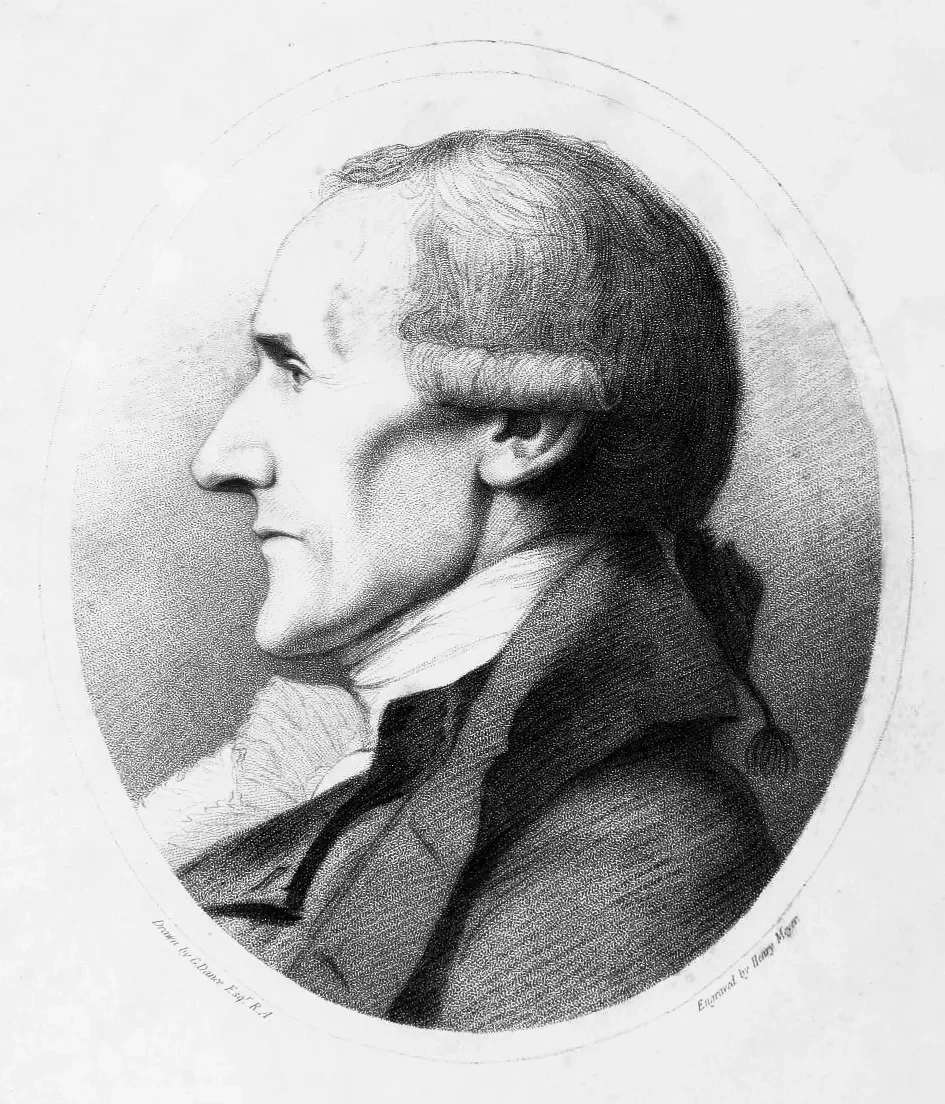Our God and Savior Jesus Christ

Simon Peter, a servant and an apostle of Jesus Christ, to them that have obtained like precious faith with us through the righteousness of God and our Saviour Jesus Christ: . . . For so an entrance shall be ministered unto you abundantly into the everlasting kingdom of our Lord and Saviour Jesus Christ. 2 Pet. 1:1, 11.I've put the above verses side-by-side because in them there are parallel phrases which in the Greek are identical in structure and which communicate a very important theological truth. Hang with me here. The two phrases are "of God and our Saviour Jesus Christ" (ver. 1) and "of our Lord and Savior Jesus Christ" (ver. 11). I won't go into all the details of the Greek (it falls under the category of a grammatical rule called "Granville Sharp's Rule"), but the Greek text indicates that just as verse 11 is translated as having both Lord and Savior refer to Jesus Christ, even so in verse 1 both God and Savior should also refer to Jesus Christ. The grammatical structure is the same in both verses. (By the way, for those of you who are interested in such things: it doesn't matter whether you are looking at the modern critical text or the Majority Text or the Received Text; they are all the same here.) There isn't a real good reason, in other words, at least grammatically, why we should have Lord in verse 11 refer to Jesus if we don't also refer God in verse 1 to Jesus as well. This is the reason why many versions (like the ESV, NASB, NIV, NKJV, etc.) translate verse 1 along the lines of "our God and Savior Jesus Christ."This being the case, what we have here is an explicit reference outside of the apostle John's writings to the divinity of Jesus Christ. Incidentally, this grammatical rule also applies to the apostle Paul's writings in Titus 2:13, which says, in the KJV, "Looking for that blessed hope, and the glorious appearing of the great God and our Saviour Jesus Christ." Once again, the Greek text indicates that both God and Savior together refer to Jesus Christ, another explicit reference to Christ as God. In other words, we should read this as "the glorious appearing of our great God and Savior Jesus Christ."The fact of the matter is that the early church affirmed the divinity of Christ. John did, Peter did, and Paul did. This is not something that was developed centuries later. They recognized him as such because that is what he is: he is God.And this is important because only someone who is God can be our Savior. Only God can purge our sins and make us holy. Only he who is "God with us" (Mt. 1:18) can also be the one who will save his people from their sins (Mt. 1:21). And for that we praise our God and Savior Jesus Christ.